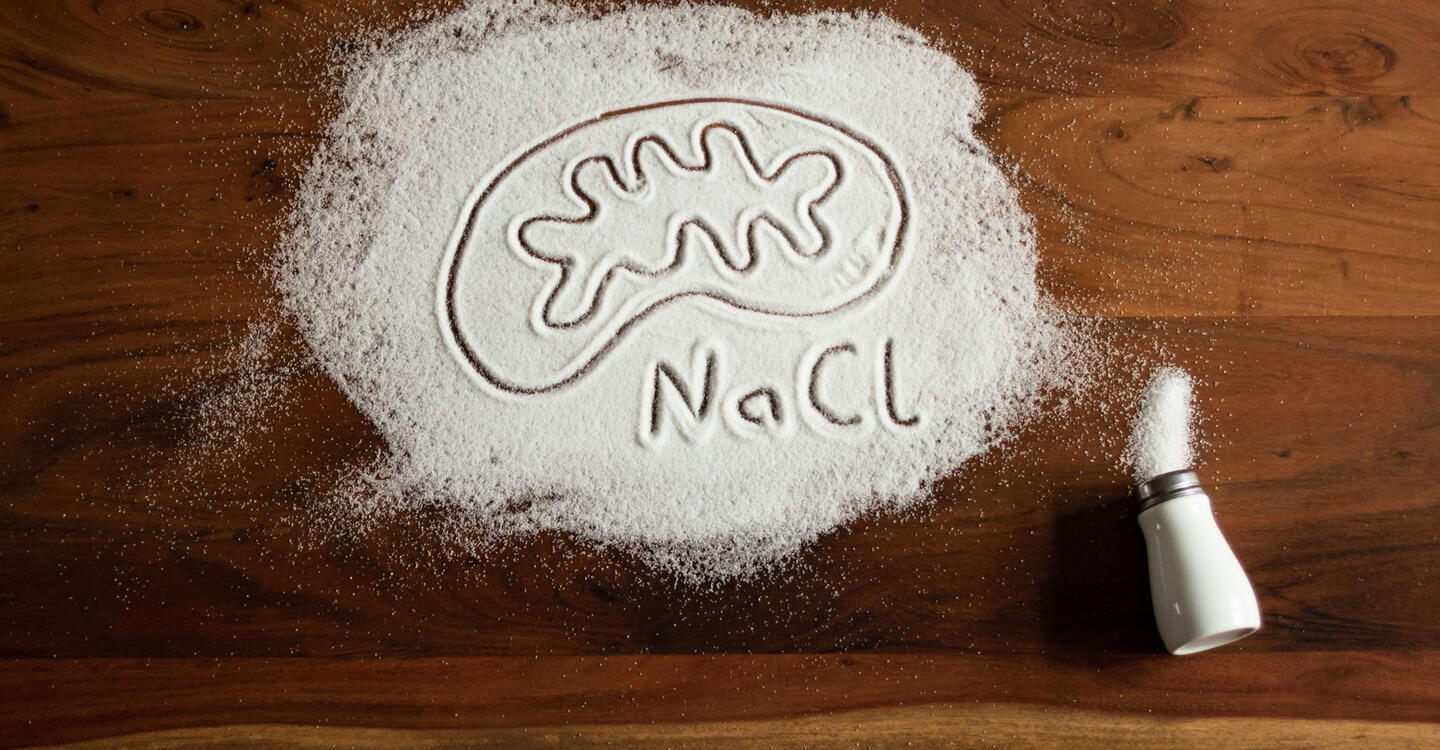In the laboratory, the researchers exposed the precursor cells of macrophages - also called phagocytes - to an increased salt concentration. Changes appeared after just three hours. A component of the salt - the sodium ion - triggered an energy deficiency in the cells. This changed the function of the macrophages and could thus promote inflammatory diseases of the vessels, joints or autoimmune diseases. The risk of cardiovascular diseases could also increase.
In a study, the researchers examined whether and how significantly too much salt in food affects humans. Even a pizza with about ten grams of salt is enough to slow down the phagocytes - but the effect does not last long and is almost gone after eight hours. However, if people eat heavily salty meals several times a day, this could lead to the cells being undersupplied in the long term - with the consequence that the risk of inflammatory diseases could increase. The researchers suspect that too much salt also affects muscle, nerve, sensory and egg cells.
Original Study:
Salt transiently inhibits mitochondrial energetics in mononuclear phagocytes. Geisberger S et al., 2021 Circulation, DOI: 10.1161/CIRCULATIONAHA.120.052788
Source: Press release of the Max Delbrück Center for Molecular Medicine


